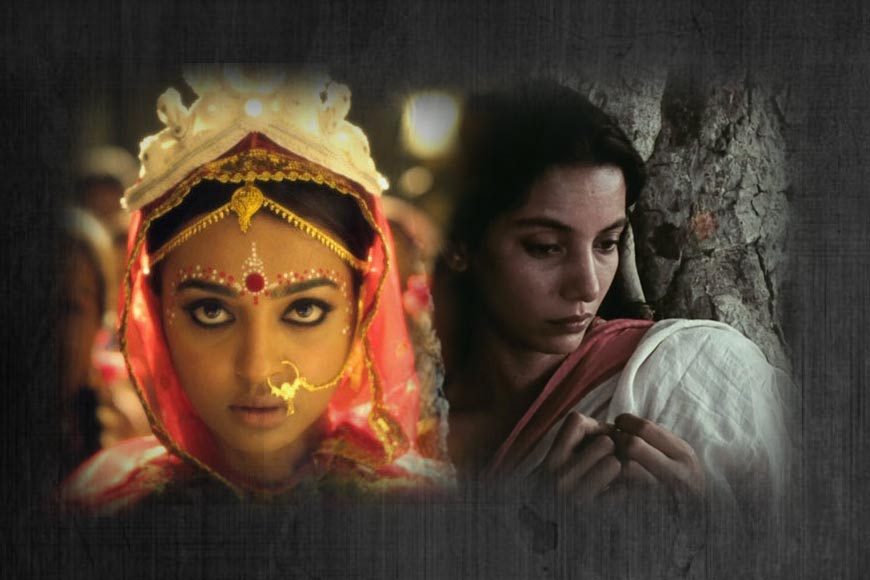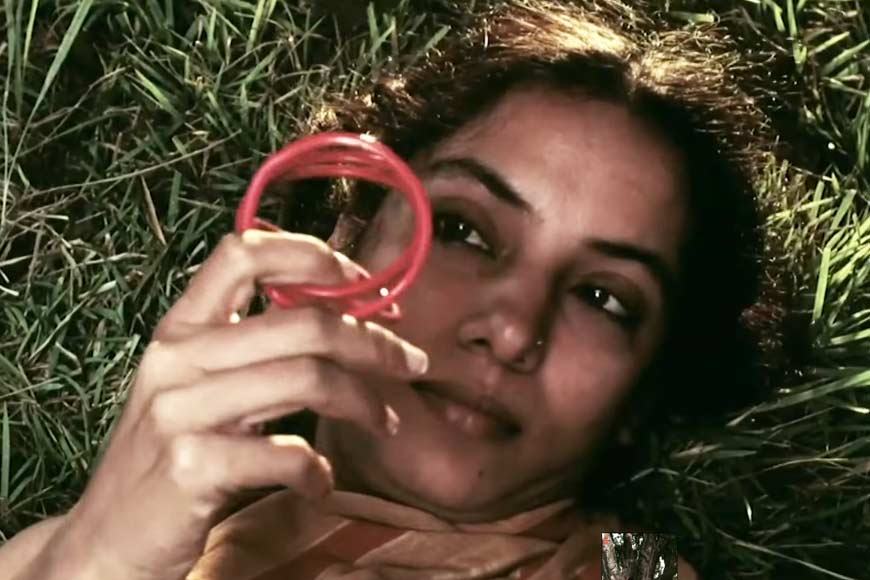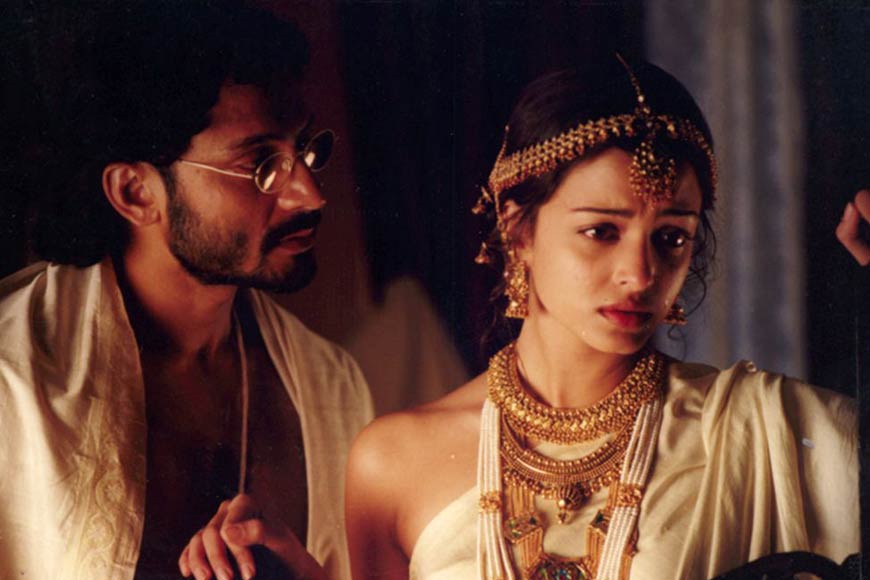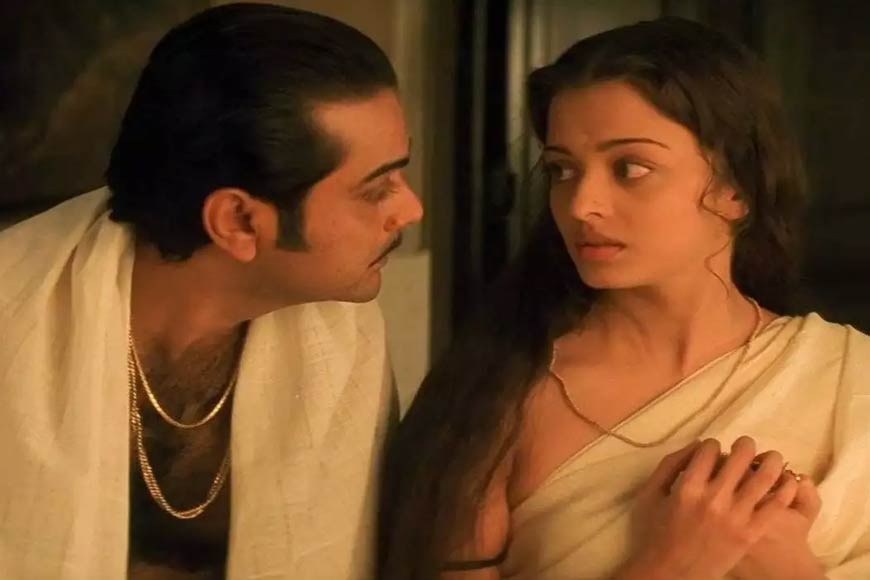How films like Chokher Bali and Sati helped change people's perspectives on widowhood – GetBengal story

“Film has always been a very important medium of entertainment, education, and social reform. Films have had a serious impact on people’s lives. Changed societies. Films are not only a form of entertainment but also an archive of the times. All films, in a way, even fictional films, reflect the truth of the times they were made in. They have been used multiple times as a way to educate people. A very effective way of changing perceptions and narratives, films have played a very crucial role in communicating important messages to the society they have been made for. Shining a light on topics that are considered sensitive—the harsh realities of life.
Widowhood is one such topic that has been tackled a number of times by talented Bengali directors. Let’s do an in-depth analysis of two Bengali films to understand the effect they had on audiences and how films have been successful in dealing with the stigma attached to widowhood.
The major cause of the sheer number of widows in India was the large age gap between husband and wife. The men married young girls, which led to a high percentage of child widows as well. It was unilaterally understood by educated minds that the stringent rules prescribed to widows were a result of a patriarchal society. Many sociologists are of the opinion that in those times, the death of a husband caused the social death of a woman. Very often once a woman ceased to be a wife, she ceased to be a person.

Sati, 1989
Directed by Aparna Sen, a Bengali film director, screenwriter, and actress, the film is based on a story by Kamal Kumar Majumdar about a mute Brahmin girl played by Shabana Azmi with a horrible fortune. According to the stars, she is to become a widow at a very young age. To avoid this fate and to prevent her from having to commit sati, she is married to a banyan tree. The film starts with a scene where a young girl is drugged into committing sati. A scene that’s meant to make the audience uncomfortable. Uneasy. Sati explores a myriad of social evils. The expendable nature of women is one of them.
Aparna Sen’s masterful direction creates a perspective that breaks away from the stereotypical narrative. It takes a step away from the tags that were attached to these women, like virtuous and pure, and shows the actual reality of the horrific act and the cruelty of humanity.
Chokher Bali, 2003
Based on the 1903 novel by Rabindranath Tagore, Chokher Bali is a Bengali film directed by Rituparna Ghosh. Met with immense critical acclaim, Chokher Bali follows the journey of Binodini, starring Aishwariya Rai in the lead role. She is a widow who rebels against the age-old customs of widowhood and objects to following the set of rules laid down by society.

In the first scene of the film, a nun offers Binodini chocolate. Chocolate is a luxury that she is supposed to have forsaken after becoming a widow, but Binodini does not even hesitate to take the chocolate. There is no internal struggle. Throughout the film, Binodini is introduced to Western ideologies, and we see her making choices that society would have considered sinful. The film reflects the mentality of the time but portrays a protagonist who chooses to break the rules.
The film Chokher Bali focuses on a woman’s journey. It also talks about a person’s right to live as they wish in a safe environment with good status. In Binodini’s own words, she says, ‘I have three identities: first, I am a widow; second, I am an anglicised lady; and third, I am young. In the midst of all these identities, my main identity is diluted. I am also made up of flesh and blood’. Several times, the film tackles a greater issue by portraying smaller moments in these women’s lives. In one scene, a widow satisfies herself by smelling the fish because she can’t actually have it. In another scene, Binodini tells Lakshi that drinking tea is not a sin, and if it is, then repenting for it should be enough.

A close look at these two iconic films shows how films have the potential to mould public opinions. The two films do a marvellous job of creating empathy in the audience. Instead of focusing on the social issue, the films focus on individual stories and the sorrow and suffering of widows, especially Bengali widows. The films bring up important points that show how society infringes on the basic rights of a widow, from forcing a woman into the horrific act of sati to the smaller aspects of life like sacrificing food, ornaments, and colours to the social ostracization and its refusal to approve of her falling in love again and remarrying another man.










